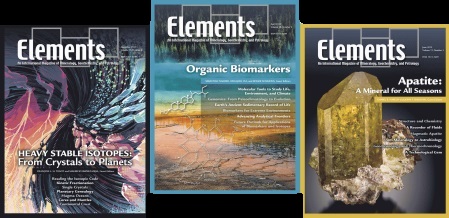Geoscience Essentials of Radioactive Waste Management
By E. Bruce Watson | December, 2006
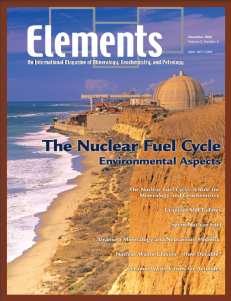
With this issue of Elements we bring you an up-to-date perspective on environmental aspects of the nuclear fuel cycle in the form of six articles written by recognized leaders in their fields. We hope the contents will be of value to educators, policy makers, and citizens who may soon have to grapple with the implications of a re-emergence of nuclear energy in the coming decades. As we think about the future, however, there may be benefits to reflecting on the convoluted history of the nuclear energy versus environment dialog and the vital role that geoscientists have played in influencing policy.
Advising Future Scientists
By E. Bruce Watson | October, 2006
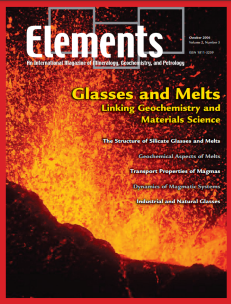
This issue of Elements was already on track when I joined the editorial team, but it is the first issue for which I’ve played the role of principal editor. The experience has been interesting and enjoyable, and in some respects a trip down memory lane. Unbeknownst to most, I seriously considered a career in glass science (in industry) after finishing my PhD. My doctoral research on silicate melts had exposed me to the glass-science literature, and I was fascinated not only by the breadth and challenges of the field but also by its technological relevance. I have no regrets about having stayed in academia, but the reflections triggered by working on this issue made me realize that my career choice was somewhat accidental, having hinged on a critically timed postdoc offer from the Geophysical Laboratory. I was also reminded while working on this issue of the varied employment opportunities available to individuals holding PhDs in mineralogy, petrology, or geochemistry (MPG). These musings— and my continuing role as an advisor to graduate and undergraduate students—led to thoughts about advising future scientists in a sociopolitical climate not favorable to the basic sciences.
Vestiges and Prospects
By Ian Parsons | August, 2006
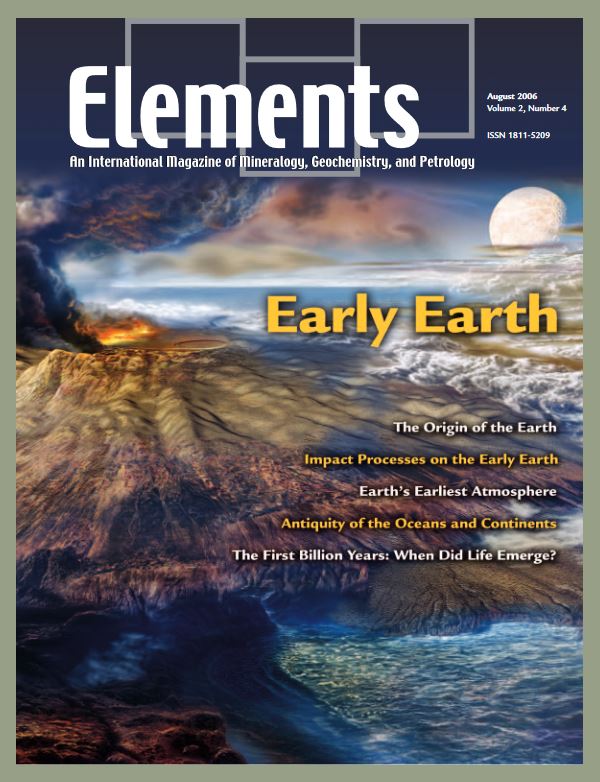
The creation of the Earth – ‘The Creation’ – is a preoccupation of all the world’s great religions, and Christianity, Islam and Judaism share a common creation story with its roots in prehistory. The evidence-based, scientific view of the formation of our tiny speck in the cosmos, the theme of this issue of Elements, is altogether younger, having evolved over little more than two centuries. It seems a good moment to reflect on the fundamental differences between science and faith, and on the modesty, underlying simplicity and unifying power of the scientific approach.
Two Planets – Which Future?
By Rod Ewing | June, 2006
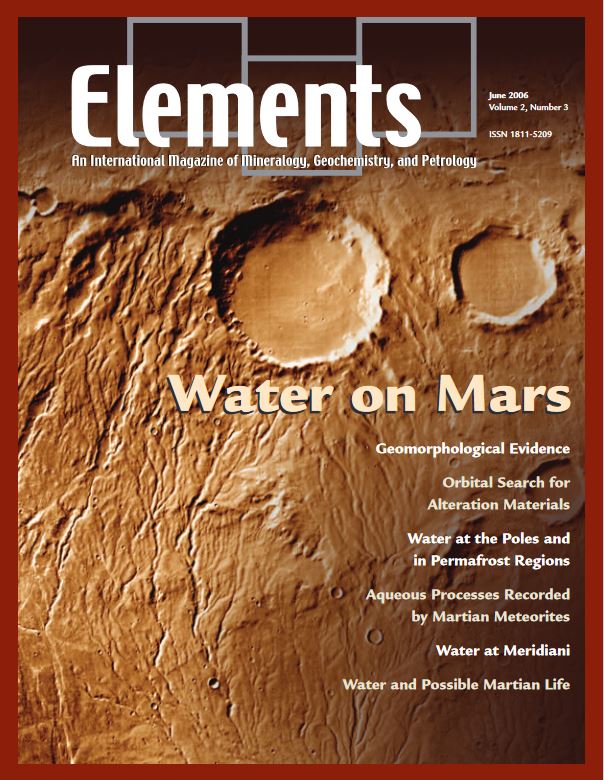
This issue of Elements presents evidence of a time when water played an important role in shaping the landscape of Mars. Deep valleys were carved, sediment was transported and deposited, and at a smaller scale, a patina of secondary, hydrated minerals formed. Now this red planet lies desolate. The shifting polar ice caps are the only obvious remnant of a once-active hydrologic cycle. If life exists on Mars, it must be in recesses that may still harbor the right geochemical conditions and the water required to sustain primitive organisms.
So You Want to Form an Interdisciplinary Team? …Good Luck!
By Michael F. Hochella Jr. | April, 2006
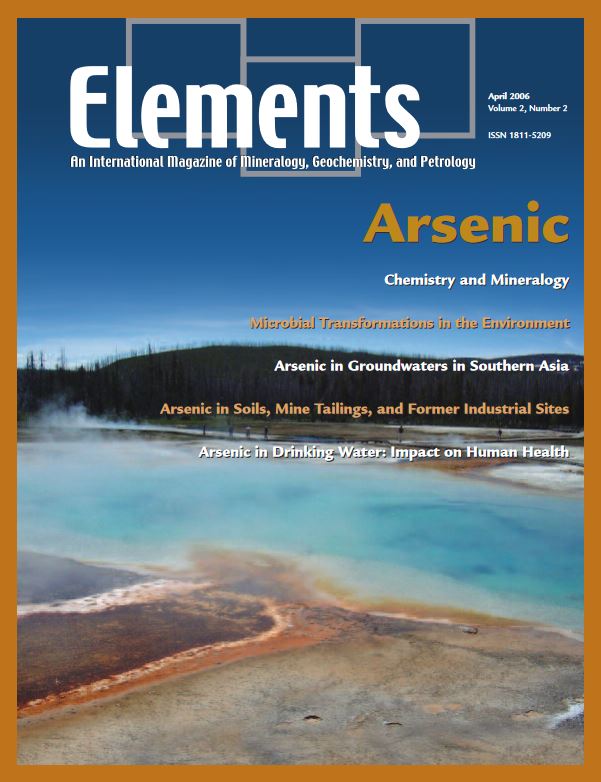
If your research depends on federal funding agencies, you have probably noticed that requests for proposals that encourage (or in some cases require) an interdisciplinary team are becoming more common. Interdisciplinary research, by definition, involves two or more disciplines that are usually considered distinct. Therefore, I am not talking about disciplines like mineralogy and petrology, where the overlaps and connections are obvious. Try instead mineralogy and biochemistry, or geochemistry and geophysics, where one can be left scratching one’s head looking for shades of grey in between two otherwise disjointed fields.
The Political Misuse of Science
By Michael F. Hochella Jr. | February, 2006
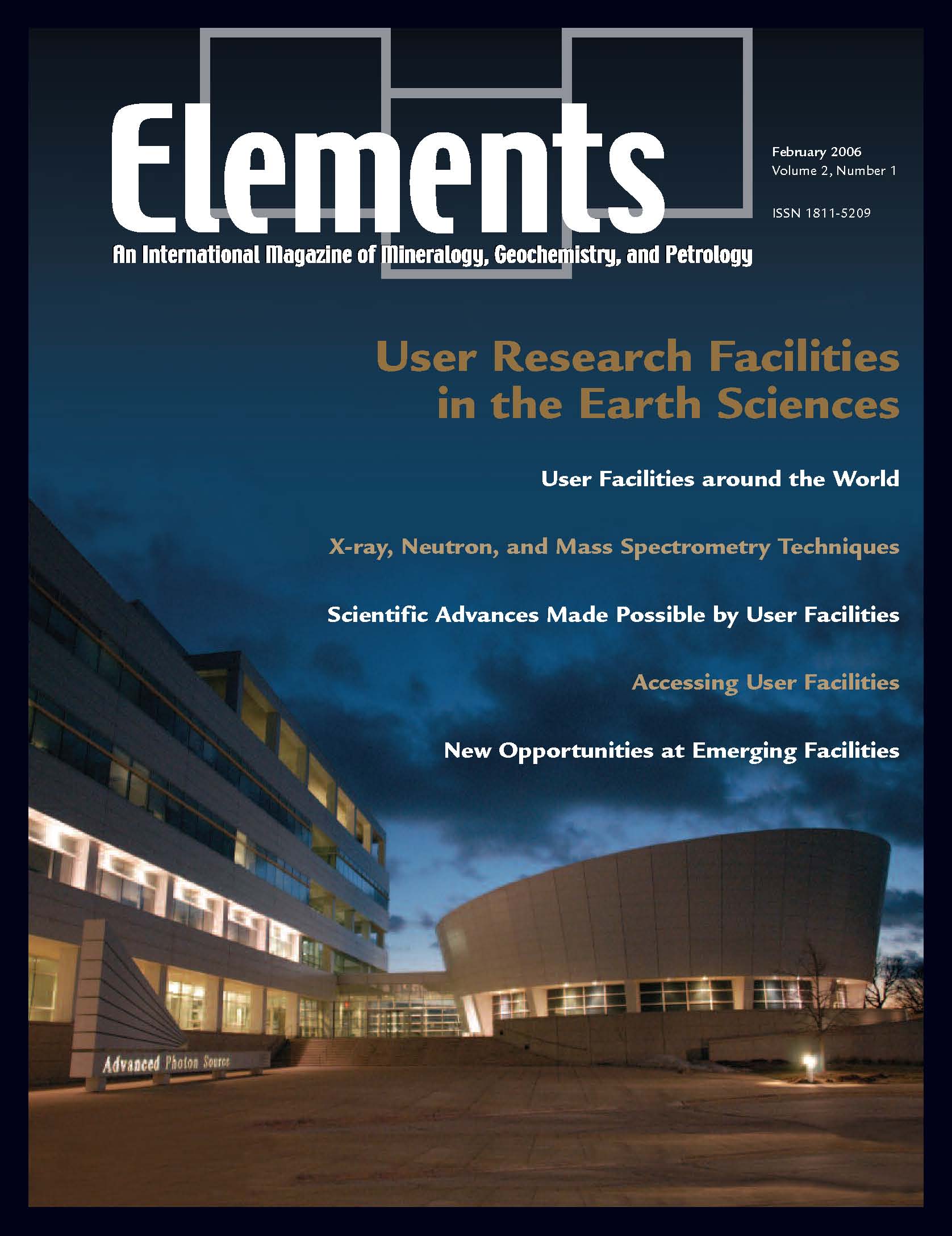
In August of 2005, US President George W. Bush effectively endorsed teaching intelligent design (ID) alongside evolution in high school biology classes. ID holds that certain features of the universe and of living things are best explained by an “intelligent cause” rather than a physical process such as natural selection or molecular reactions. Less than three months later, the Kansas State Board of Education in the American Midwest approved new high school science standards that cast doubt on the theory of evolution, opening the door for teaching ID. To do so, the Kansas school board also approved a redefinition of science, stating that science is no longer limited to the search for natural explanations of phenomena.

